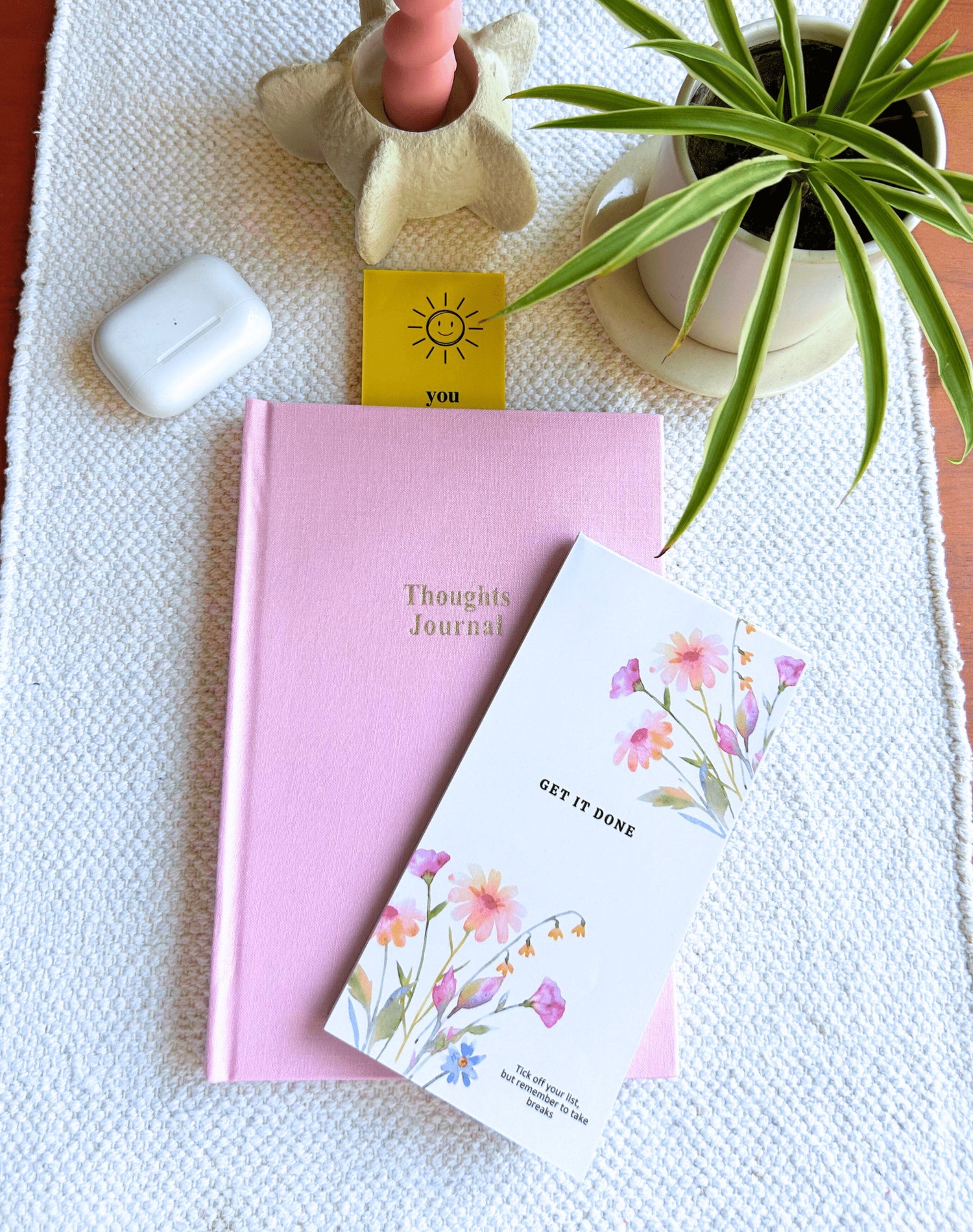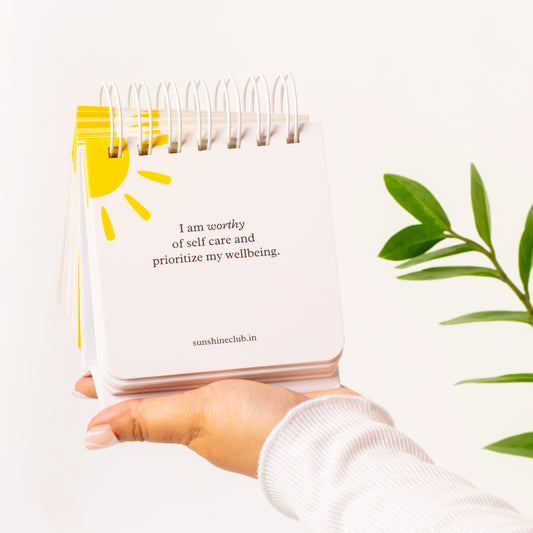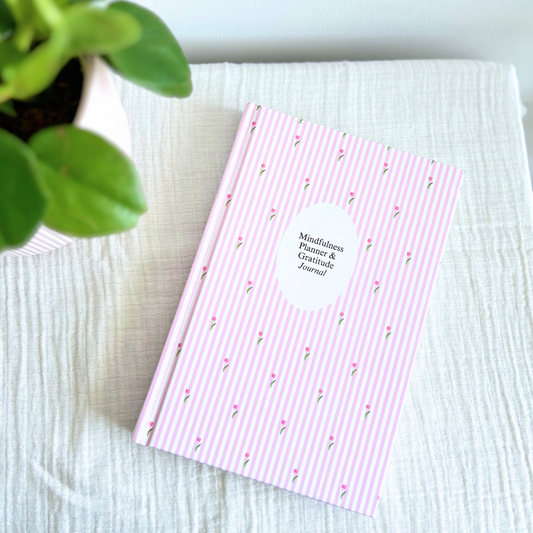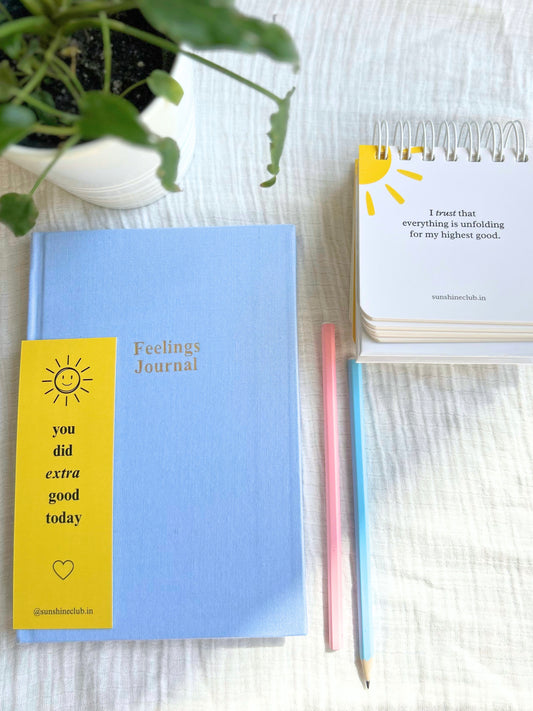
How Mindfulness-Based Journaling Boosts Your Mental Health
Share
In an era where stress and mental health challenges are becoming increasingly prevalent, many individuals seek effective strategies to cultivate inner peace, clarity, and emotional resilience. One powerful and accessible practice that has gained popularity in recent years is mindfulness-based journaling. This technique merges the principles of mindfulness with the therapeutic act of writing, providing a structured yet personal way to manage stress, process emotions, and enhance overall mental well-being.
What Is Mindfulness-Based Journaling?
Mindfulness-based journaling is the practice of writing with intention and awareness, focusing on the present moment without judgment. Unlike traditional journaling, which may involve simply recording daily events or venting emotions, mindfulness journaling encourages deep reflection, gratitude, and self-awareness. The goal is to cultivate a non-reactive, accepting attitude toward one's thoughts and emotions while fostering a greater connection with the present moment.
The Mental Health Benefits of Mindfulness-Based Journaling
1. Reduces Stress and Anxiety
One of the most significant benefits of mindfulness-based journaling is its ability to alleviate stress and anxiety. By writing down thoughts and emotions with a mindful approach, individuals can externalise their worries, gaining a clearer perspective on what is causing distress. Journaling helps regulate emotions, making them feel less overwhelming and more manageable. The act of slowing down and writing with awareness also triggers the parasympathetic nervous system, promoting relaxation and reducing stress levels.
2. Enhances Emotional Regulation
Mindfulness journaling allows individuals to observe their thoughts and feelings without immediately reacting to them. This process fosters emotional intelligence, helping people recognise patterns in their emotions and responses. Over time, this practice strengthens emotional regulation skills, making it easier to manage difficult situations with calmness and clarity rather than impulsive reactions.
3. Boosts Self-Awareness and Personal Growth
Self-awareness is a cornerstone of mental well-being, and mindfulness journaling provides a structured way to develop it. By consistently writing about thoughts, experiences, and emotions, individuals gain deeper insights into their habits, triggers, and coping mechanisms. This heightened awareness can lead to meaningful personal growth, helping individuals make positive changes in their lives.
4. Encourages Gratitude and Positive Thinking
Gratitude is a well-researched practice that has been linked to increased happiness and reduced depression. Mindfulness journaling often incorporates gratitude exercises, such as listing things one is thankful for each day. This shift in focus from negative to positive experiences rewires the brain to recognize and appreciate the good in life, fostering a more optimistic outlook.
5. Improves Focus and Clarity
The modern world is full of distractions that can make it difficult to stay present and focused. Mindfulness journaling encourages individuals to slow down, concentrate on their writing, and engage with their thoughts fully. This practice enhances cognitive clarity, making it easier to set goals, make decisions, and maintain a balanced perspective in daily life.
6. Facilitates Healing from Trauma
For individuals who have experienced trauma, mindfulness journaling can be a powerful tool for healing. Writing provides a safe space to express and process difficult emotions without fear of judgment. The mindful approach encourages individuals to acknowledge their pain with compassion rather than avoidance, promoting gradual emotional healing and resilience.
How to Start Mindfulness-Based Journaling
If you're interested in incorporating mindfulness-based journaling into your routine, here are some simple steps to get started:
1. Choose a Quiet Space
Find a comfortable and quiet place where you can write without distractions. This helps create a calm environment conducive to mindfulness.
2. Set an Intention
Before you begin writing, take a deep breath and set an intention for your journaling session. It could be self-reflection, stress relief, gratitude, or gaining clarity on a situation.
3. Write Without Judgment
Allow your thoughts to flow freely onto the paper without criticizing yourself. The goal is to observe and accept your emotions rather than analyze or suppress them.
4. Use Prompts for Guidance
If you're unsure what to write about, use mindfulness prompts such as:
- What emotions am I feeling right now?
- What am I grateful for today?
- What are three things that brought me joy recently?
- How can I practice self-compassion today?
5. Engage Your Senses
To deepen the mindfulness aspect, pay attention to your surroundings while journaling. Notice the feel of the pen in your hand, the texture of the paper, and the sound of your breathing. This practice grounds you in the present moment.
6. Reflect and Revisit
Occasionally, go back and read past journal entries. This helps you track personal growth, recognize patterns, and celebrate progress in your mental well-being journey.
Mindfulness-based journaling is a simple yet powerful practice that offers numerous mental health benefits. By integrating mindfulness into your writing, you can reduce stress, enhance emotional regulation, boost self-awareness, and cultivate a more positive outlook on life. Whether you're struggling with anxiety, seeking clarity, or simply looking for a way to connect with yourself more deeply, mindfulness journaling can be an invaluable tool for fostering mental and emotional well-being.








